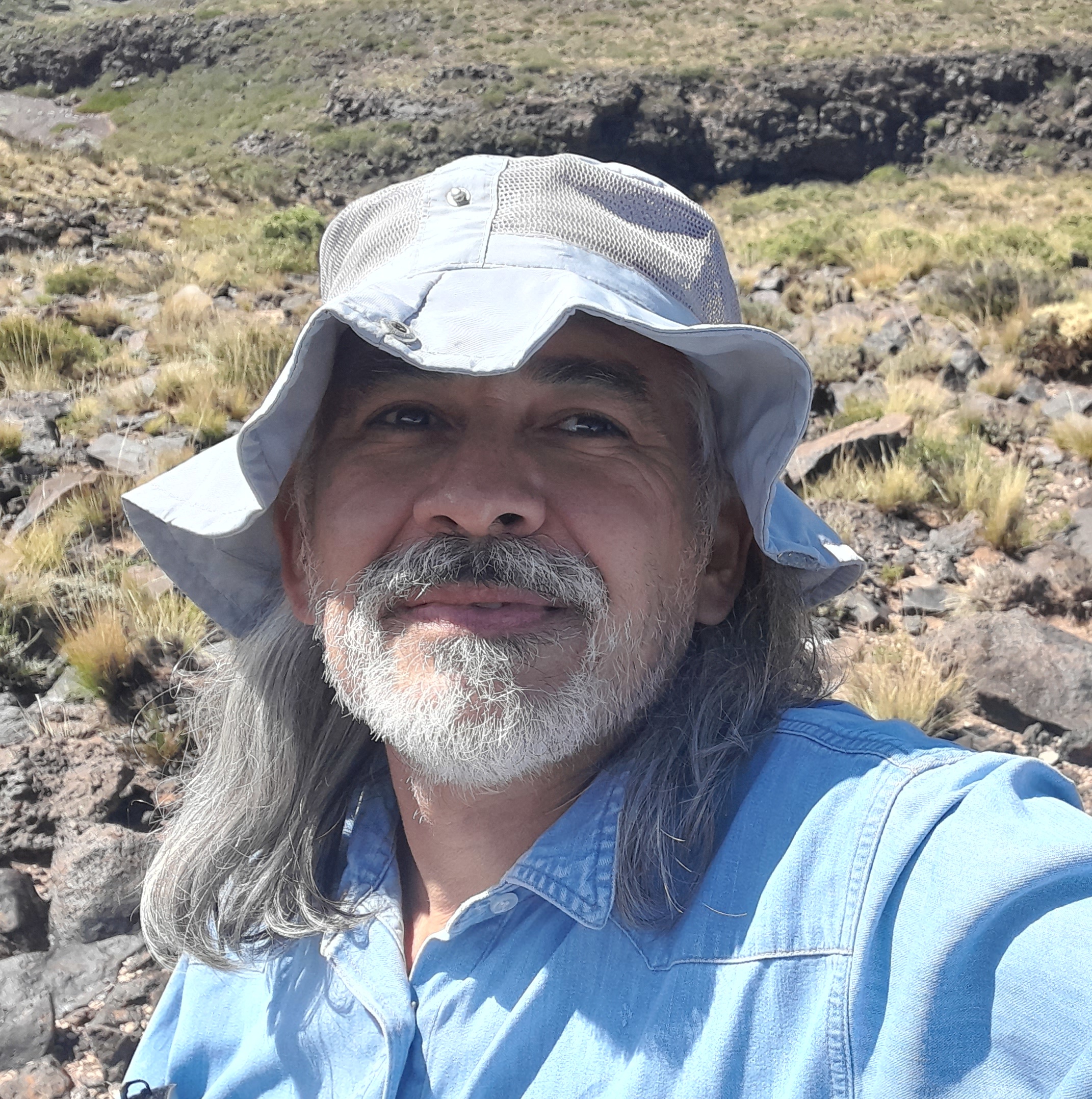Invited Speaker

Prof. Dr. Daniel R. Pérez
Laboratory of Rehabilitation and Ecological Restoration of Arid and Semiarid Ecosystems (LARREA)National University of Comahue
CP 8300 Neuquén, Argentina
Speech Title: Direct seeding and outplantings in drylands of Argentinean Patagonia: estimated costs, and prospects for large‐scale restoration and rehabilitation
Abstract: In large areas of the world that are deeply scarred by desertification and hampered by low capacity for natural regeneration, the scaling up of ecological restoration and rehabilitation can be achieved only if it is low in cost with high return on investment, and shows promise of providing long‐lasting social‐economic as well as ecological benefits. In the Monte Austral region of Patagonia Argentina, concerted efforts are underway to facilitate scaling up of ecological restoration and rehabilitation practices. Here, we evaluate financial costs and preliminary results of direct seeding as compared to outplanting of nursery‐grown seedlings of three native species (Atriplex lampa, Senecio subulatus var. subulatus, and Hyalis argentea var. latisquama) considered to be high‐priority dryland framework species. Comparative success is expressed in terms of plant survival and in monetary terms. The candidate species showed low survival rates, ranging from 4.3 to 22.3%, after the first summer following direct seeding. In contrast, survival rates for planted seedlings of the same three taxa varied between 84 and 91%, after the first summer following reintroduction. However, cost of direct seeding varied between 1,693 and 1,772 US$ less per hectare, that is, 64% less than the cost of outplanting nursery seedlings. Therefore, in the search for ways to scale up ecological restoration and rehabilitation in drylands, direct seeding should receive more attention. We discuss the social and ecological perspectives and the way forward for direct seeding techniques. We also consider how costs could be reduced and effectiveness improved in large‐scale efforts.
Biography: Dr. Pérez obtained his bachelor degree from the Universidad Nacional de Río Cuarto (Argentina) and pursued three post-graduate studies (Specialization, Master and PhD) on biodiversity, restoration ecology and environmental education in the Engineering Faculty of the Universidad Nacional del Comahue (Argentina). He was a consultant in the United Nations Development Programme (PNUD) and coordinator in a program with funds from the Global Environment Facility (GEF) against desertification in Patagonia.
Actually, he is national coordinator for the Ecological Restoration Network of Argentina, and director of the Rehabilitation and Restoration of Arid and Semiarid Ecosystems Lab (LARREA, in Spanish), which gathers PhD students that address ecological restoration questions. Dr. Pérez has participated in several publications that involved biodiversity and restoration in arid regions.
Currently, he is a professor in the Health and Environmental Science Department of the Universidad Nacional del Comahue and teaches courses for master and doctorate students.
Interests: ecological restoration; seed ecology, restoration-based education.
